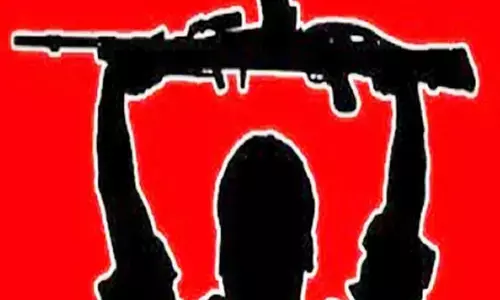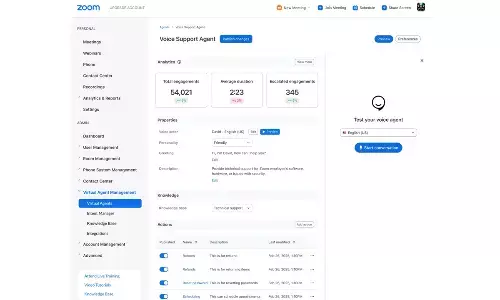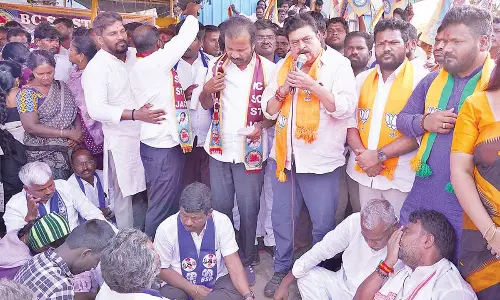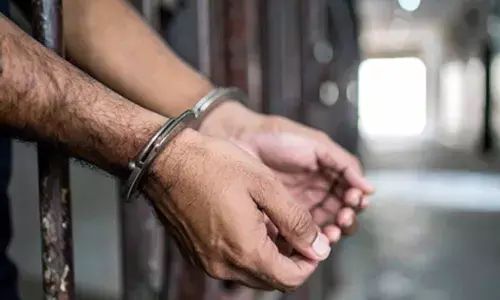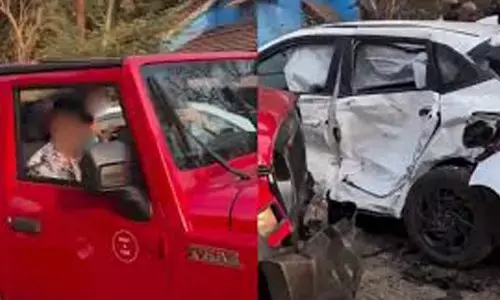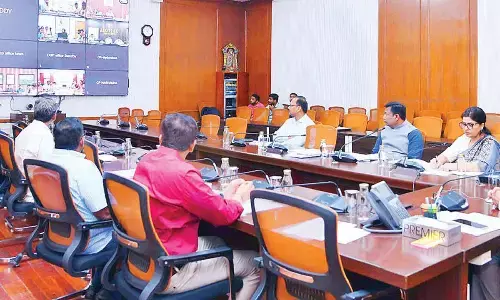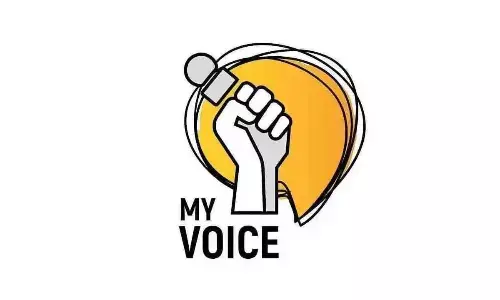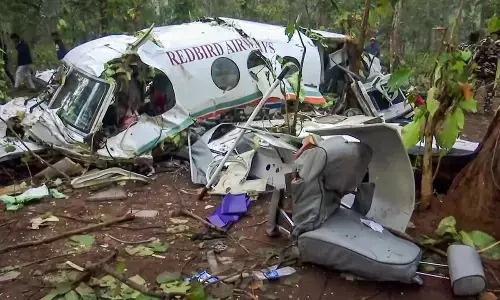Things to know to save a life with CPR
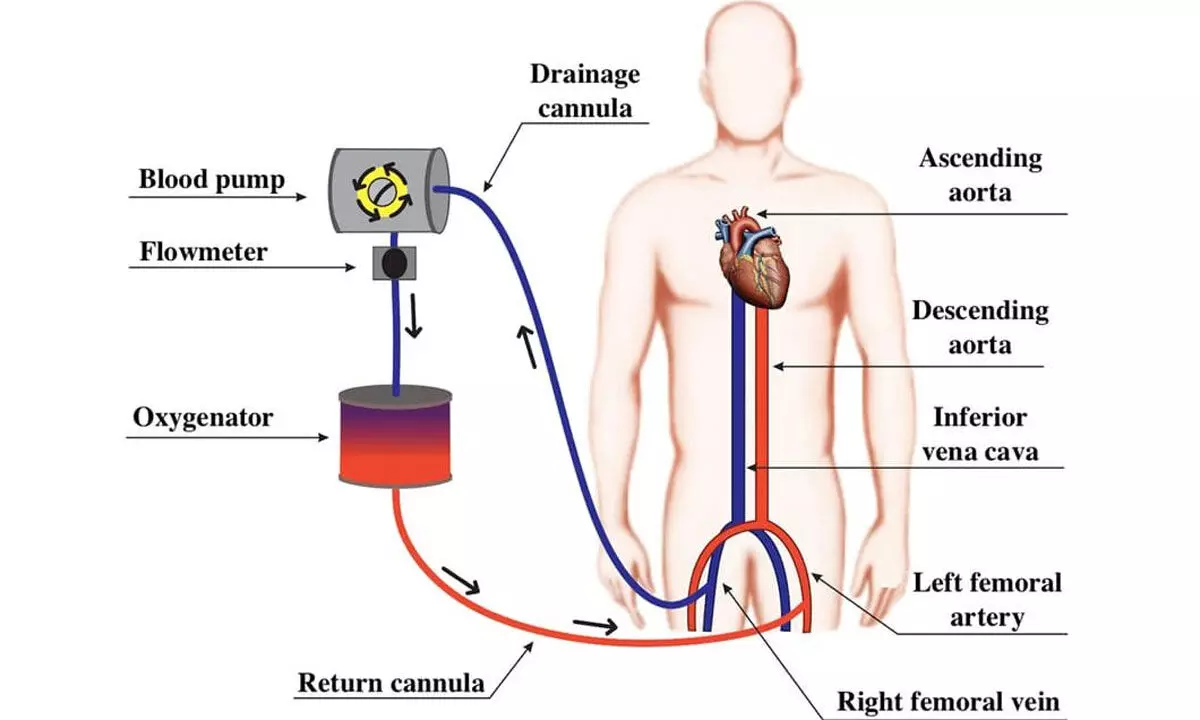
Things to know to save a life with CPR
Dr Srinivas of SLG hospitals in Hyd speaks about importance of CPR
Heart attacks in young are widespread nowadays; multiple reasons have been attributed, like changing lifestyles, sedentary behaviour, smoking, alcohol intake, improper food habits, and obesity were the few causes for the heart attack. Sudden cardiac arrestis a devastating complication in the above population.
Public awareness recently increased on essential life support (i.e. Cardiopulmonary Resuscitation (CPR)) during cardiac arrest.
Although Cardiopulmonary Resuscitation (CPR), defibrillation (shock), and the correction of the cause of cardiac arrest are the treatment of choice. Each second delay decreases the chances of survival. Although bystander CPR and AED (Automatic external defibrillator) can be initiated by the public also, we need to give minimal training for the best results.
Delay of initial treatment leads to decreased blood supply to all important organs brain, liver, kidney, gut, lungs and heart. Most healthcare workers (i.e. Emergency, ICU and operation theatre doctors and nurses) were well trained in advanced cardiac life support (ACLS). Used few drugs and equipment were used in the resuscitation. Essential life and advanced cardiac support constitute conventional cardiopulmonary resuscitation (CCPR). If the patient's heart not recovered (Return of Spontaneous Circulation ROSC) following CArrest (CA) despite adequate conventional cardiopulmonary resuscitation (CCPR), the recovery chance is very poor.
Recently Eextra-Corporeal Cardiopulmonary Resuscitation (ECPR) was the most advanced way of treating patients who were not responding to conventional cardiopulmonary resuscitation (CCPR). Extracorporeal Cardiopulmonary Resuscitation (ECPR) improved patient survival. ECPR is conducted with a mechanical device in which blood is drained from the femoral vein and returned to the patient's arterial system, more commonly through the femoral artery; this process is called Veno arterial extracorporeal membrane oxygenation (VAECMO).
ECPR aims to provide adequate perfusion to the end-organs when managing the potentially "reversible" conditions. However, CCPR can give only 25 to 30% of cardiac output and decrease blood supply to all important organs, brain, liver, kidney, gut, lungs and heart; adequate end-organ perfusion can be achieved with ECPR. ECPR decreases both the death rate and also organ failure complications.
The following are the ECPR criteria:
a) Witnessed cardiac arrest of the cardiac origin or without any apparent cause.
b) No recovery after the first 10 min of conventional CPR c) VF or VT on initial ECG.
The success of ECPR depends on the time of initiation since cardiac arrest, proper equipment, personnel and teamwork. All required health care providers should be available in the hospital 24/7. Clinical pathway protocol to be initiated and adequate training to the multidisciplinary team gives the best results.
The most challenging task is initiating the VA ECMO for no recovery after the first 10 min of conventional CPR. VAECMO machine itself takes 20 minutes to prime and make it in functional mode. In Hyderabad, we do VAECMO in most of the centres but ECPR is a challenge; it has to be initiated as soon as possible, i.e. not successful within 10mins of conventional CPR.
Many centres in the world practice ECPR and have published good results. For the success of ECPR we need to have the machine primed and in circulation mode, and also, the expert's team should be in-house 24x7. It costs a lot to the hospital.
(Ph: +914023785678/ 7799235678 Email: [email protected])


